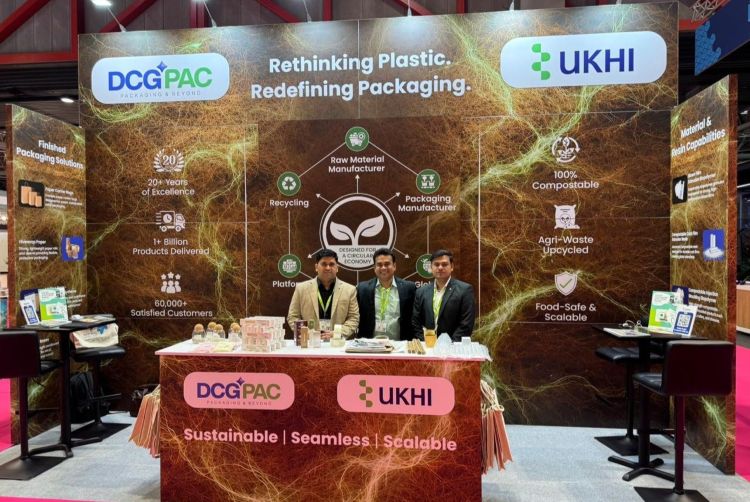New Delhi, September 08, 2023. Europe's largest oil major, Shell PLC, has quietly scrapped its ambitious $100 million annual investment in carbon credits, the largest offset program among corporations. This decision comes six months after Wael Sawan assumed the role of CEO. In June, Sawan unveiled a significant shift in Shell's strategy, opting to maintain its current oil production levels until 2030, contrary to the initial plan to reduce them, all while focusing on cost reduction and increasing shareholder profits.What the CEO did not disclose at the time was Shell's intentions regarding investments in carbon credit projects. These credits were a crucial component of Shell's efforts to align with its 2050 net-zero emissions goal.
Shell has committed to slashing Scope 1 and 2 emissions by 50% by 2030 and achieving net-zero emissions by 2050. In 2022, it managed to reduce emissions across all scopes (Scope 1, 2, and 3) compared to 2016 levels.A substantial part of Shell's carbon reduction strategy revolved around using carbon credits to offset emissions. Initially, the company aimed to spend $100 million annually on carbon offsets and generate 120 million carbon credits per year by 2030 from natural carbon sequestration projects, offsetting approximately 10% of its carbon emissions.However, Shell has now confirmed the abandonment of these plans without disclosing any new strategies for carbon credits or how it intends to meet its climate targets. The company cites the unavailability of carbon offsets that meet its stringent quality standards as the reason behind this decision.Nature-based carbon offset projects have faced criticism for not delivering the promised environmental benefits. Shell's earlier intent to build a substantial portfolio of carbon credits stemmed from research suggesting that nature-based sequestration could mitigate global temperature rise.
While other major companies and Shell's oil industry peers also rely on carbon credits to offset emissions, Shell struggled to find offsets meeting its quality requirements. Recent efforts have been made by key carbon standard organizations to define high-quality carbon credits.Shell, known for its strict standards in developing and investing in nature-based climate solutions, supports various initiatives, including reducing deforestation and tree planting.Though Shell is not the only major player in carbon offsets, other oil giants like Chevron, TotalEnergies, BP, Equinor, and Eni have begun developing their carbon credit projects. It remains unclear if they will pursue a similar scale of offsetting as Shell originally planned.
Despite abandoning its carbon offset targets, Shell maintains its commitment to achieving net-zero emissions. The company follows the Science-Based Targets initiative, prioritizing emission reduction over carbon offsets. In the long term, Shell may still require carbon offsets to achieve net zero, according to BloombergNEF analysis. It is likely to explore options, such as purchasing carbon credits from the voluntary carbon market (VCM), to bolster its offset stocks.















.jpg)



